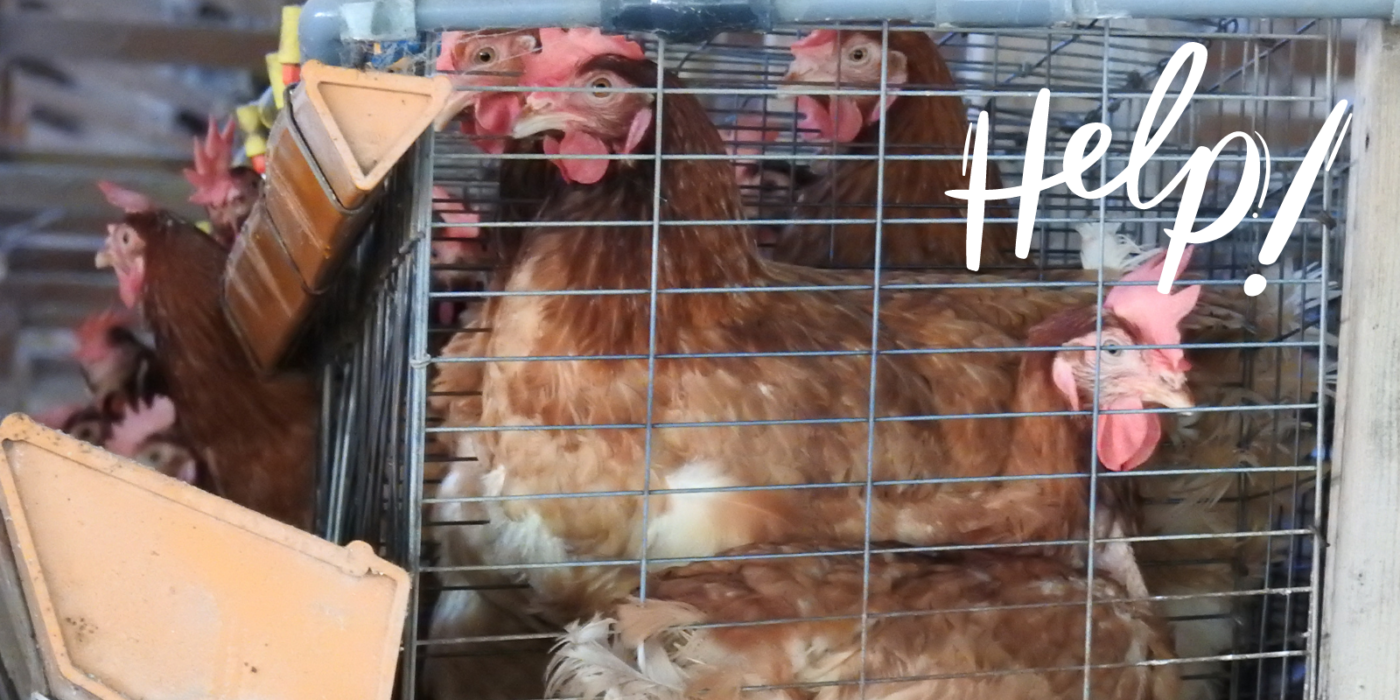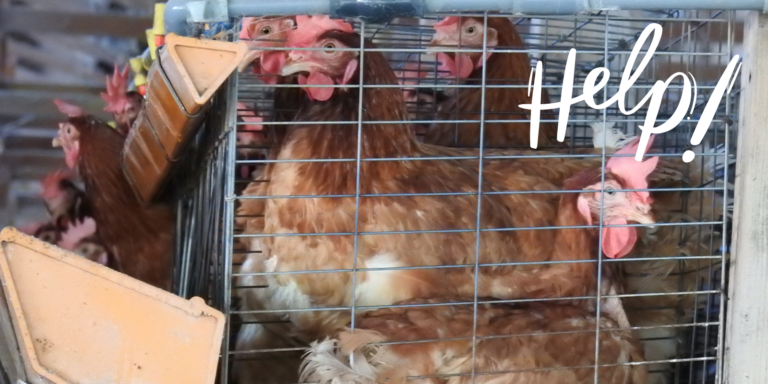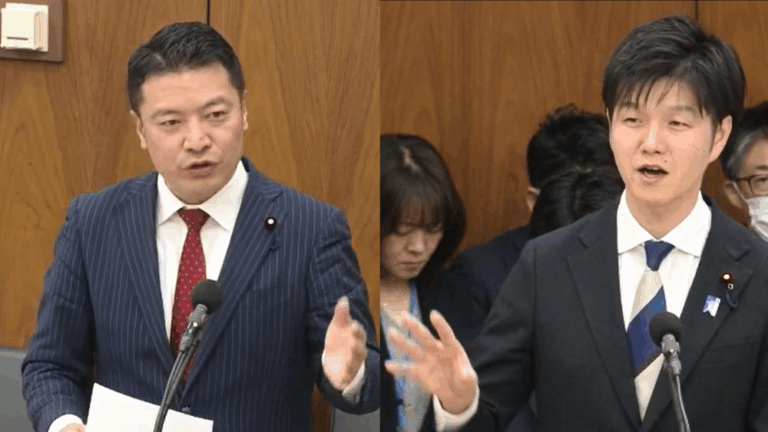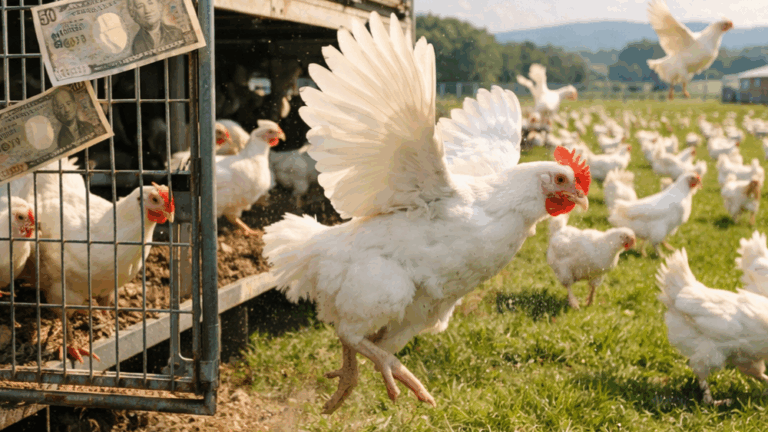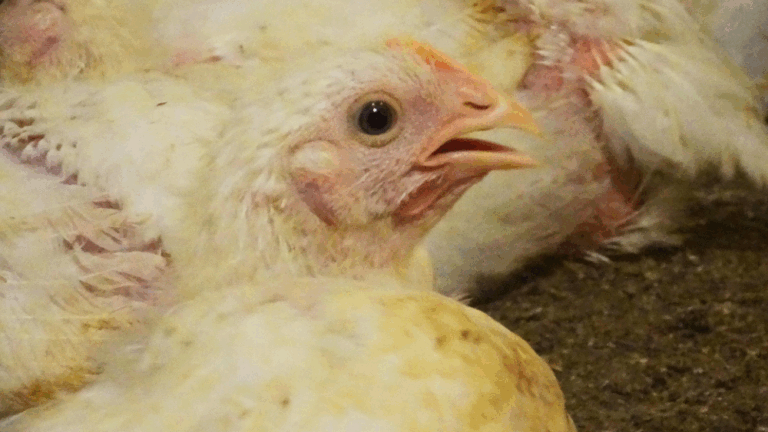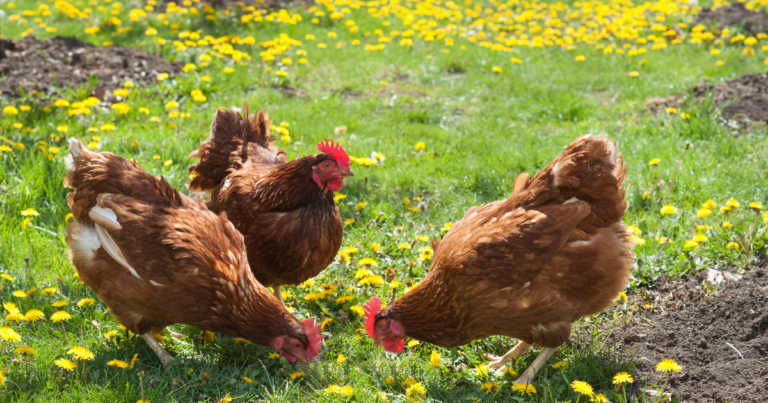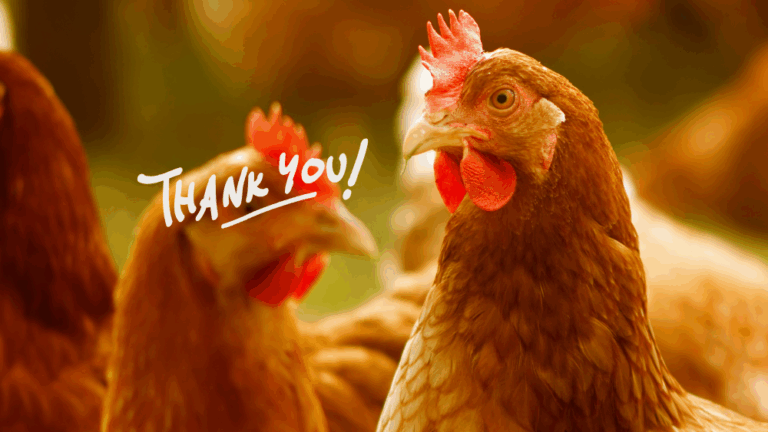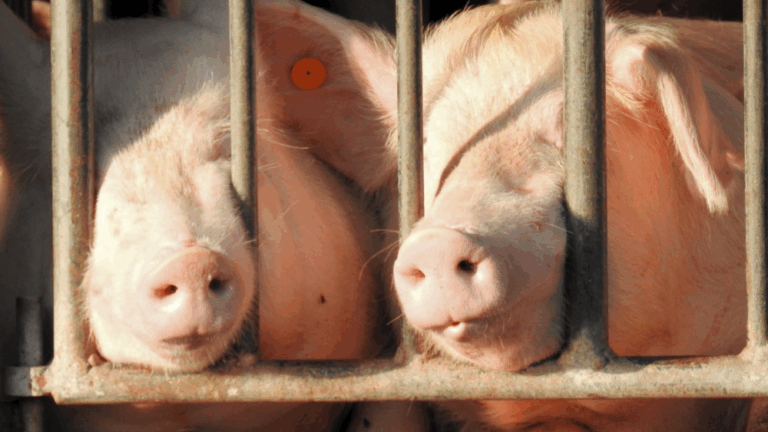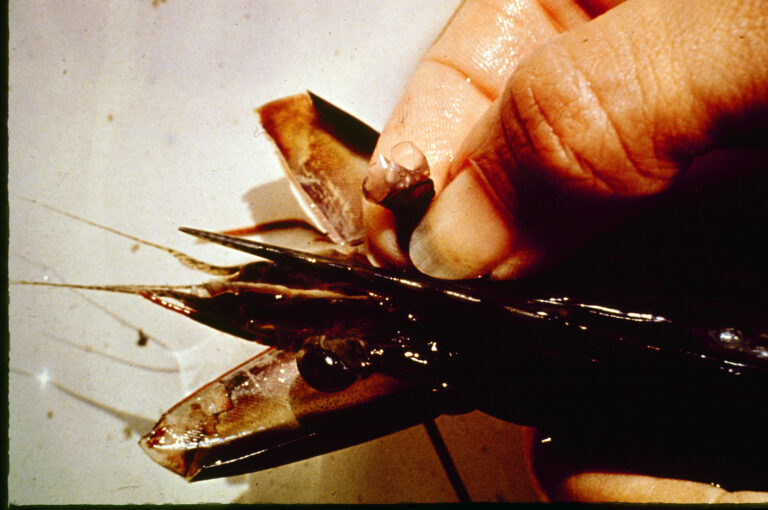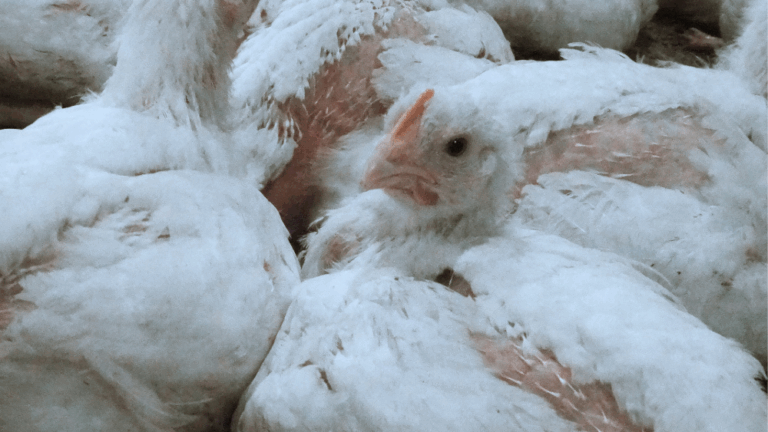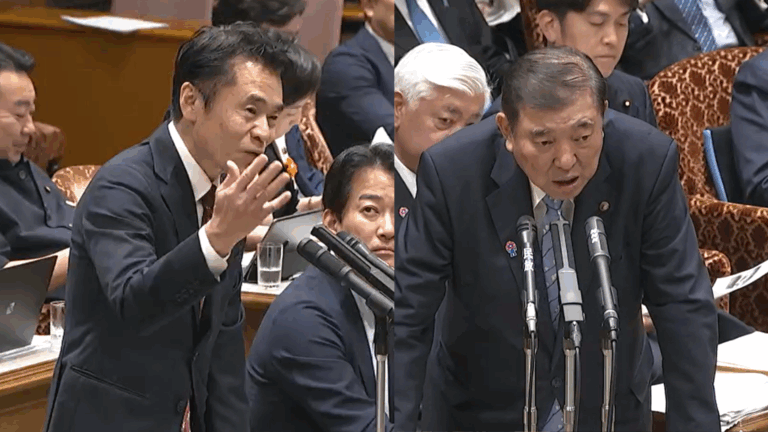Globally, Japan’s livestock protection index is ranked at the lowest level. Japanese companies are rated at the lowest level in the BBFAW (Business Benchmark on Farm Animal Welfare) for animal welfare, making investment in them high-risk.
This lag is not just affecting livestock farmers but is also negatively impacting the Japanese food companies in the future. How can we catch up?
Facing harsh realities
In the summer of 2023, we investigated the proportion of laying hens raised in free-range systems. We discovered that only 1.11% (currently 1.12%) of them are free-range in Japan. At this rate, animals in Japan will continue to suffer for the next 10, 20, or 50 years.
As of last year, 28.2% of eggs in the U.S. were from free-range hens, and even South Korea had 5.6%, whereas Japan was only at 1.11%. Without significant changes, animals in Japan will stay in this miserable state for decades.
Laying hens are not only cramped in battery cages, but Japanese chickens are slaughtered using primitive methods that are unimaginable in other parts of the world.
Broiler chickens are overcrowded and disease-ridden, and mother pigs are kept in restrictive conditions. While the world has legally banned and abolished these methods, Japan continues to use them, which makes it pessimistic about the future.
Necessary Subsidies for Problem Solving
We need a society where producers who take good measures are rewarded, and those without such motivations are eliminated. The government and administrative support is essential in this process. Currently, Japan lacks subsidies for improving animal welfare. Without these, they hesitate to stop using cages, improve slaughter methods, end restrictive rearing, or reduce rearing density, even if producers wish to do so.
Upon learning of this situation, volunteers at the Animal Rights Center decided to create a petition to urge the government to provide subsidies for animal welfare.
Hamabe san, the leader of the volunteers who started this petition, stated: “Animals have emotions and the ability to feel pain. However, many livestock animals in Japan are treated cruelly as ‘things’ and suffer from birth to death. The cost of animal welfare-conscious farming is mostly borne by livestock farmers, and it does not spread at all. By extending subsidies for livestock farming to include animal welfare, we aim to reduce the suffering of animals. This is the intention behind launching this petition .”
If these subsidies are granted, producers willing to improve animal welfare can turn their efforts into reality. Companies procuring livestock products will no longer be able to use the excuse saying, “Only if the government enforced…”
Benefits Beyond Animal Welfare
Improving animal welfare and reducing the number of livestock will benefit people, animals, and the environment. This is not just an animal protection issue but a sustainability issue for society. Long-term government support is absolutely necessary.
Currently, Japan provides subsidies to producers who kill excess chickens and cows. Instead of using taxes for dark, futureless purposes, let’s use them for bright, future-oriented initiatives.
